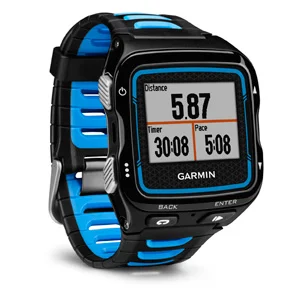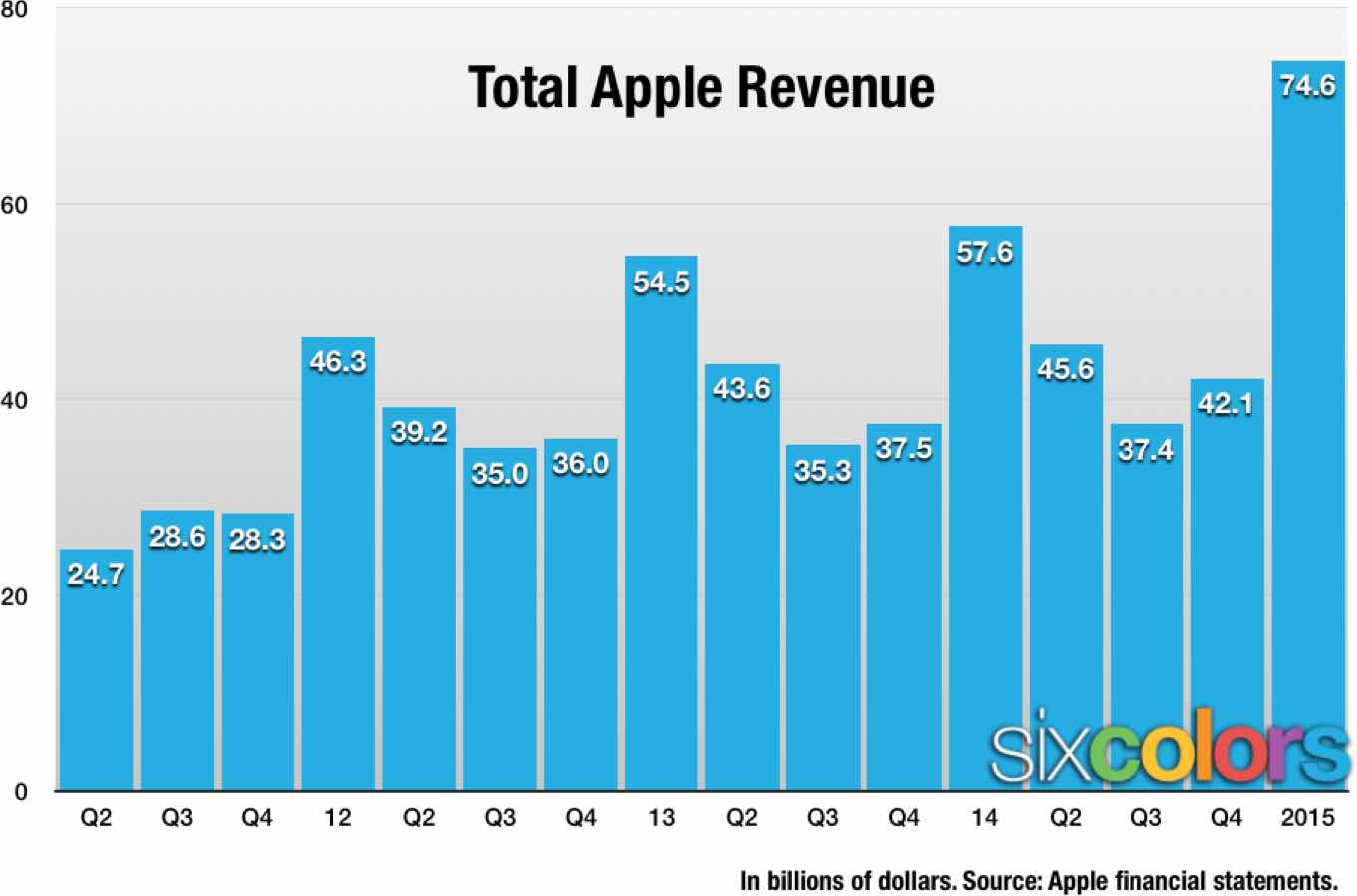An Apple Watch for Health Proves It's a Valuable Tool →
The development of smart technologies paves the way for new diagnostic possibilities. In the case of the Apple watch, after the mobile application is installed, the records an ECG when a finger is placed on the watch’s digital crown. A 30-s tracing is stored in a PDF file that can be retrieved from the application.
Thus, the Apple watch may be used not only to detect atrial fibrillation or atrioventricular-conduction disturbances but also to detect myocardial ischaemia.
An apple a day may keep myocardial infarction away.
Obviously, one isn’t supposed to take this and make it an end-all for the Apple Watch in detecting all heart conditions, but it does serve as a great example that wearables, particularly the Apple Watch, is proving to be more than a wrist decoration but more of a valuable tool for those that wear one. Here is the direct link to the European Heart Journal’s PDF.


